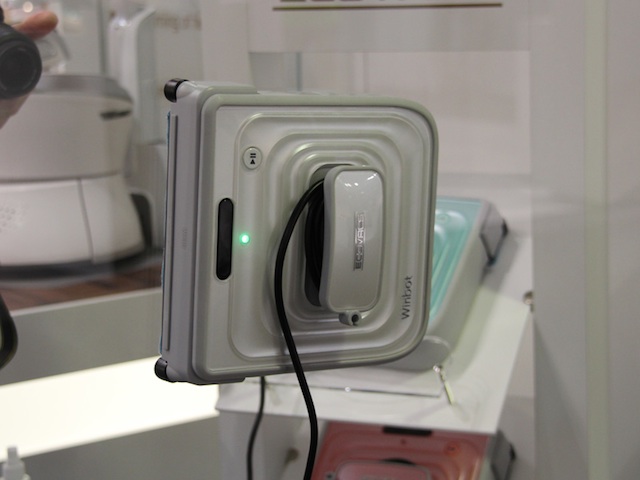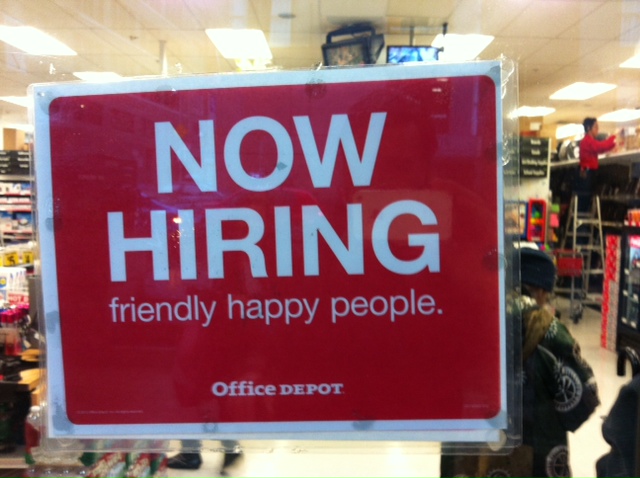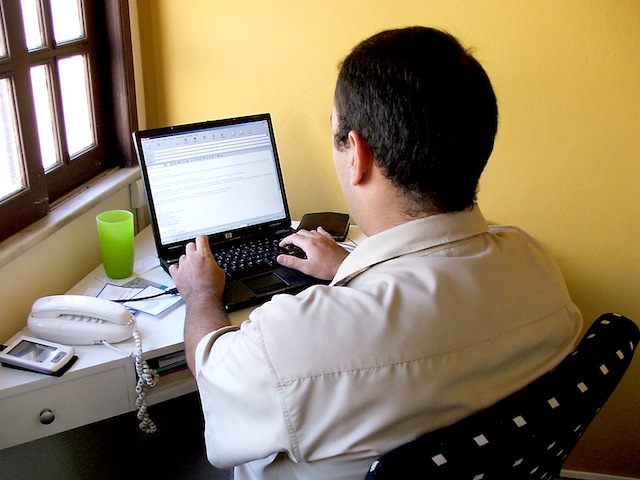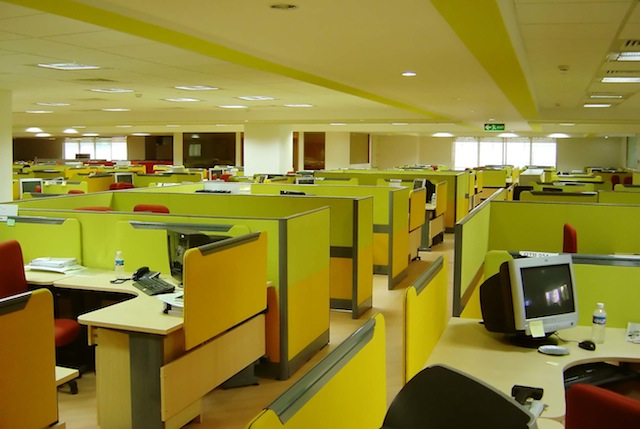“I think my job title is a little bit misleading,” says Nicola Millard of her role as BT’s Customer Service Futurologist. “Most people would imagine futurologists have a crystal ball that works and maybe talking about twenty to twenty five years out about a future where intelligent robots have taken over the world.”
“My horizon tends to be a bit shorter,” Nicola explains. “My time tends to start in about three weeks time and tends to extend to five years, so I’m more of an industrial futurologist and CEOs tend not think beyond the next three weeks.” “I guess more of a ‘soonologist’ than a futurologist.”
Nicola was talking to the Decoding The New Economy YouTube channel at BT’s London Demonstration centre where the time frame is somewhat more than the next three weeks as the company shows off the technology and product lines it believes are going to change the communication industry.
For BT and Nicola, much of the near future is focused in how consumer and workplace behaviour is being changed by IT and communications technology.
Nicola sees an interesting relationship between technology and people – technology can radically change peoples’ behaviour but it also can amplify existing behaviours. “It can certainly influence the way we work, rest and play, in the ways we approach the office and how we consume,” says Nicola.
“Behaviour changes are really fascinating when we give people people access to technologies that give them more choice and more information than ever before. It untethers us. All of these thing present opportunities to change that way we do stuff.”
The untethered office
Technology has also untethered the office, says Nicola. “In the old days we had to go to the office at nine o’clock in the morning and leave at five in the afternoon. We didn’t have any other options – we had a desk, we had big technology and we had masses of paper.”
“That’s all changed.” Workplaces have always struggled with collaboration and Nicola sees the open plan office as being a 1970s attempt to get workers to talk and work with each other rather than hiding behind closed doors. “By forcing people into open plan we hoped that by breathing the same air they would start to collaborate.”
“Now we collaborate with people that aren’t necessarily in the same place as us. The office itself has become a collaboration tool,” Nicola says. “We’re seeing the evolution of the office.”
Today’s technology tools and remote working have changed the role of the workplace with the office becoming a place for workers to collaborate and work together, however that nature of work has changed.
Working beyond the office
With improved connectivity the home office and mobile workers have come into their own with BT having around ten percent of their workforce operating from their residences and the company finds they achieve around a twenty percent improvement in productivity from those staff.
However home working isn’t for everyone. “I’m a terrible home worker,” Nicola says. “I tend to go mad so if I want to collaborate I go to the office but I want to work quietly I go to the coffice’, which is generally a third place outside the office or home.”
“There’s only four things I need to work; good coffee, good cake – these first two are non-negotiable – good connectivity and then I need company. Not necessary office type company but just a buzz.“
The change to retailing
Today’s buzz extends to shopping, the shops are fuller on a Saturday afternoon than they have ever been before. The showrooming phenomenon – where customers use their smartphones to check prices and proudcts while in the shop – allows retailers to enhance their sales strategy as the same available to shoppers can also be used by sales assistants.
“Shopping is sometimes a contact sport,” Nicola observes. “the fact we are comparing and contrasting, the fact we are challenging the physical shop. Waving our mobile phone on the shopfloor.” “Retailers for a long time resisted showrooming, they split their online and physical spaces. We’re now seeing those physical lines blurring.”
Emerging trends
Nicola sees the biggest challenge facing business in the near future being agility – as cloud services expand, it’s easier for companies to scale which places pressure on many incumbent businesses.
Big Data also presents opportunities, “there’s always been big data, we’ve always had too much data, the analytics tools have changed.” For great challenge though for business is change and this is what will focus executive attention in the near future. “Businesses tend to be built to last rather than for change.”
Similar posts:




